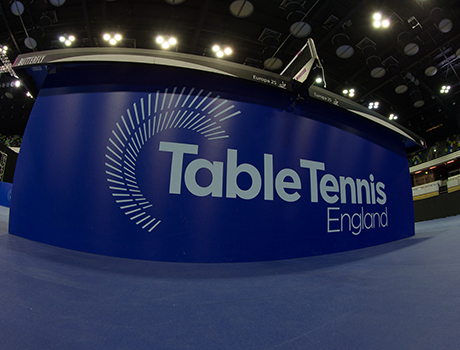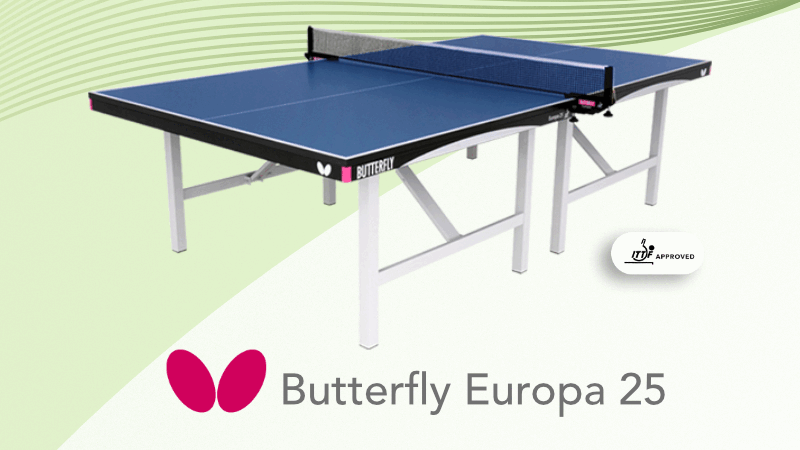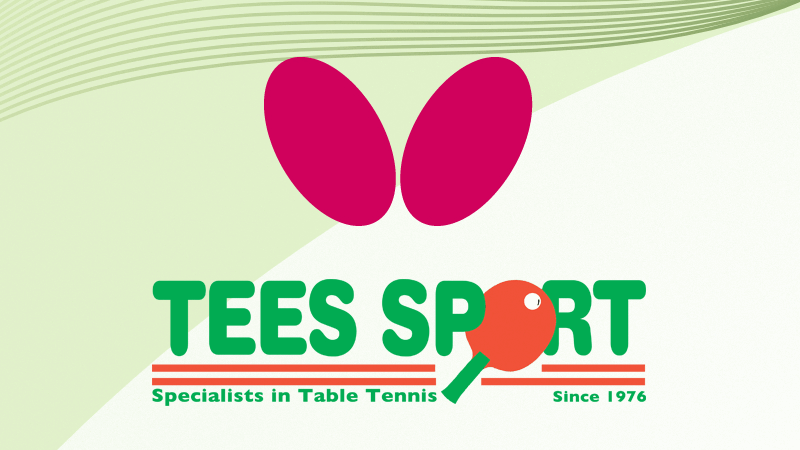Governance, the Area Network and social media were among the topics covered at our latest Question Time event for members.
Chief Executive Adrian Christy and Chair Nick Donald, plus members of the Senior Leadership Team, took questions from members. Also joining the Zoom call were a number of Directors.
A detailed question was asked about governance, including what use Table Tennis England makes of the Sport England Sports Governance Academy (SGA), Board induction and training, and the strategy and review processes for stakeholder engagement.
Nick Donald replied that the SGA is a useful resource for Directors and SLT and that he regularly uses it himself. Stakeholder relations makes up part of the induction process for all new Directors.
He went on to say that stakeholder engagement runs through the Table Tennis United strategy. Our engagement with funding stakeholders is frequent and ongoing.
Around our membership, engagement is more challenging due to the number and diversity of stakeholders. We have mechanisms to engage with and collect a broad range of views from members but the structure behind that can always be made more efficient.
The November Board meeting will receive an update on stakeholder engagement and the arrival of a new CEO is another opportunity to review our engagement strategy.
A question was asked about whether the Local Delivery Plans are up-to-date and how the Area Managers and Local Organising Groups communicate progress with their communities.
Andrew Wilesmith, Head of Table Tennis Development, replied that two of the seven Local Delivery Plans are being finalised and will be added to our website.
Area Digest email newsletters have been created to engage directly with key contacts across clubs, leagues and counties, and Area Managers frequently visit stakeholder groups to discuss Local Delivery Plans and other matters. The Area pages of the website, which include Area Manager blogs as well as news articles, is another means by which this communication occurs.
Question Time events were raised by another member, who was concerned the times of day at which they are held may not give members the opportunities to attend.
Adrian replied that we have varied the times of previous events and will endeavour to make them as convenient as possible for as many people as possible, although it is impossible to find a time which suits everyone.
Another question concerned criticism of Table Tennis England on social media and concerns over the organisation’s reputation.
Keely Armitt, Head of Engagement, said that we do monitor discussions and comments on both our own channels and external channels. On our own channels, we try not to interfere in conversations and prefer to let them develop, though we do add factual information on occasion. We only remove comments which are inflammatory. We cannot control external channels and therefore do not engage on them.
Adrian added that governing bodies are rarely praised, but our ambition is to be known as a governing body which gets more people playing and provides opportunities for growth across the sport. Social media has both advantages and disadvantages – we aim to use it as a positive channel of communication. Although some criticism may be taken with a pinch of salt, some is more constructive and we listen to comments and respond with action where appropriate – a recent example being beginning a review of competition regulations.
A question about progress with CEO recruitment will be answered offline due to the confidential nature of the process.





